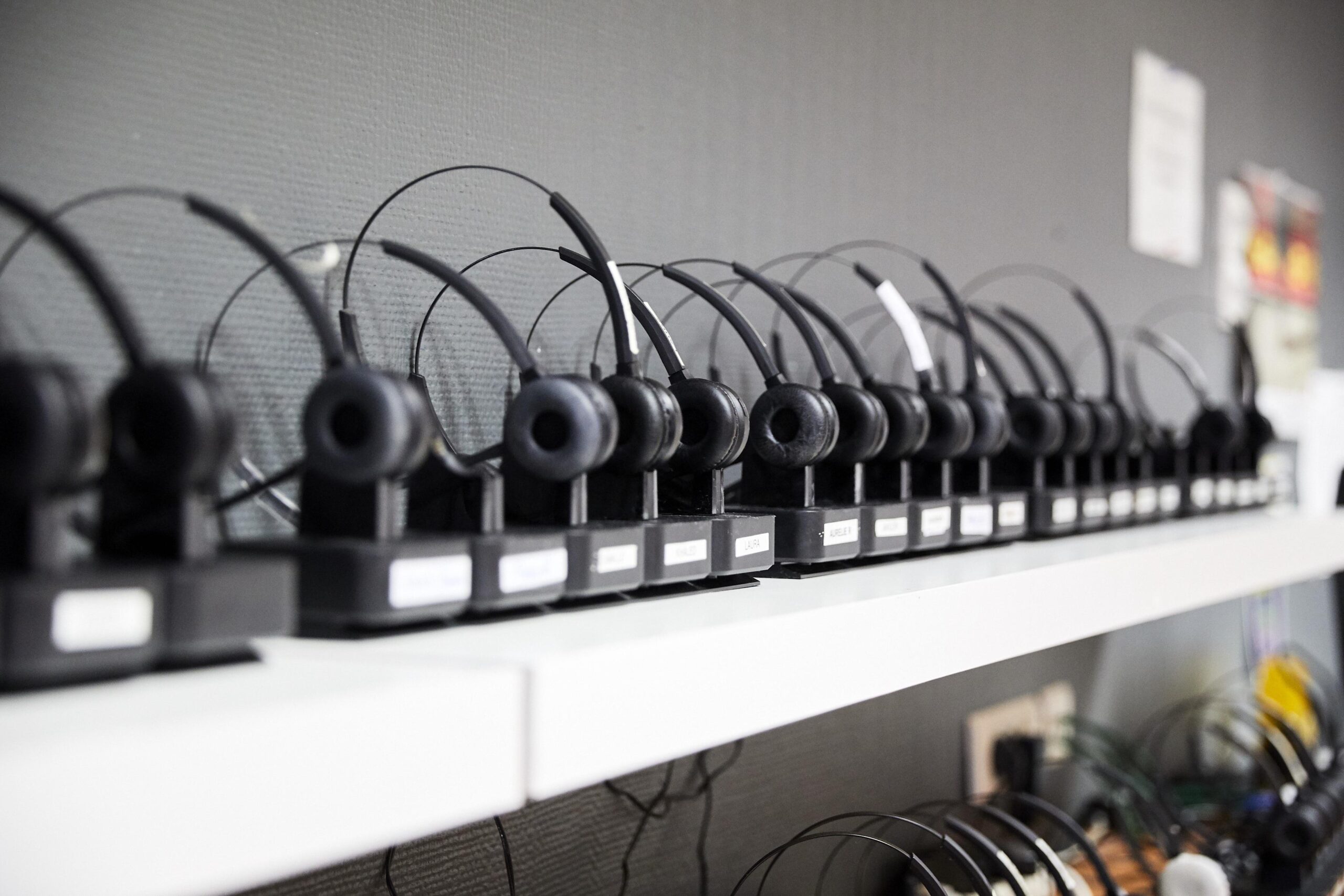HMPPS cites need to eliminate need to provide data to ageing platforms
Credit: Fried Dough/Public domain
HM Prison and Probation Service is seeking to appoint a commercial partner to help deliver a £5m programme of work to “switch off” substantial chunks of the organisation’s legacy estate and enable it to adopt new digital services and data platforms.
According to a recently published contract notice, HMPPS wishes to appoint to a two-year contract a supplier that can “progress our strategic ambition to remove our dependency of legacy systems”.
With the backing of its parent department, the Ministry of Justice, the service said that it has already “made progress in developing user-centred design-[based] services, transforming the lives of those using and interacting with them”.
But it added that “many of the products and services developed in the last few years are… constrained with the requirement to return data to legacy systems”.
Chief among these ageing platforms is the National Offender Management Information System (NOMIS), which was – belatedly – fully launched in 2011, after seven years of development and implementation work. Other legacy tools still in use and cited by HMPPS include Delius, a case-management tool used by the probation system across England and Wales, and the Offender Assessment System, known as OASys.
Related content
- Prison transformation: MoJ agrees £12m deal for 18,000 PCs
- MoJ digital chief: ‘Prisons have been bypassed by the digital revolution – that is our next really big challenge’
- Digital has enormous potential to reduce reoffending
“Our legacy estate is complex, built up and added to over the years. The operations of prisons and probation is complex with multiple dependencies on data and information that is entered for one purpose, but is subsequently consumed by other downstream services,” the contract notice said. “One of the services started in 2021 which has demonstrated this is [a] sentence-calculation [service]. The development of a calculation engine was constrained at both the start of the user journey with the need to input data into NOMIS, and at the end with the need to submit data to NOMIS.”
Between now and 2024, HMPPS wants to work with a supplier partner to progress various streams of work to develop, refine and implement new systems and services with the goal of first “reducing dependency” on NOMIS and other systems, which would then allow the agency “to switch off larger pieces of the estate and enable more transformational development which is free from those constraints”.
“Furthermore, removing dependency on legacy services will enable the automation of many manual processes which not only supports a reduction in errors but would, in addition, provide considerable time-saving for staff enabling them to focus their efforts on higher value work,” the notice added.
Suppliers have until midnight on 8 April to bid for the project, for which HMPPS has a budget of up to £6m.
Work is scheduled to commence around late June, and the chosen firm will replace an incumbent supplier that the organisation declined to name. Work will largely take place either remotely or at HMPPS’s ‘Digital Studio’ facility in Sheffield. Visits to other offices – and prisons themselves – will also be required.




